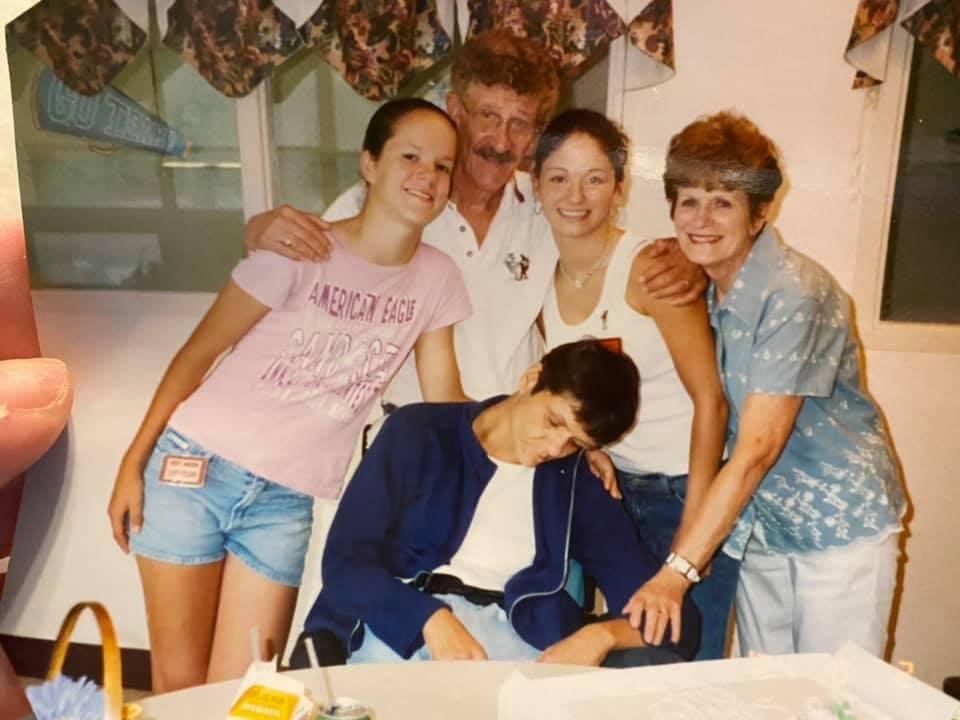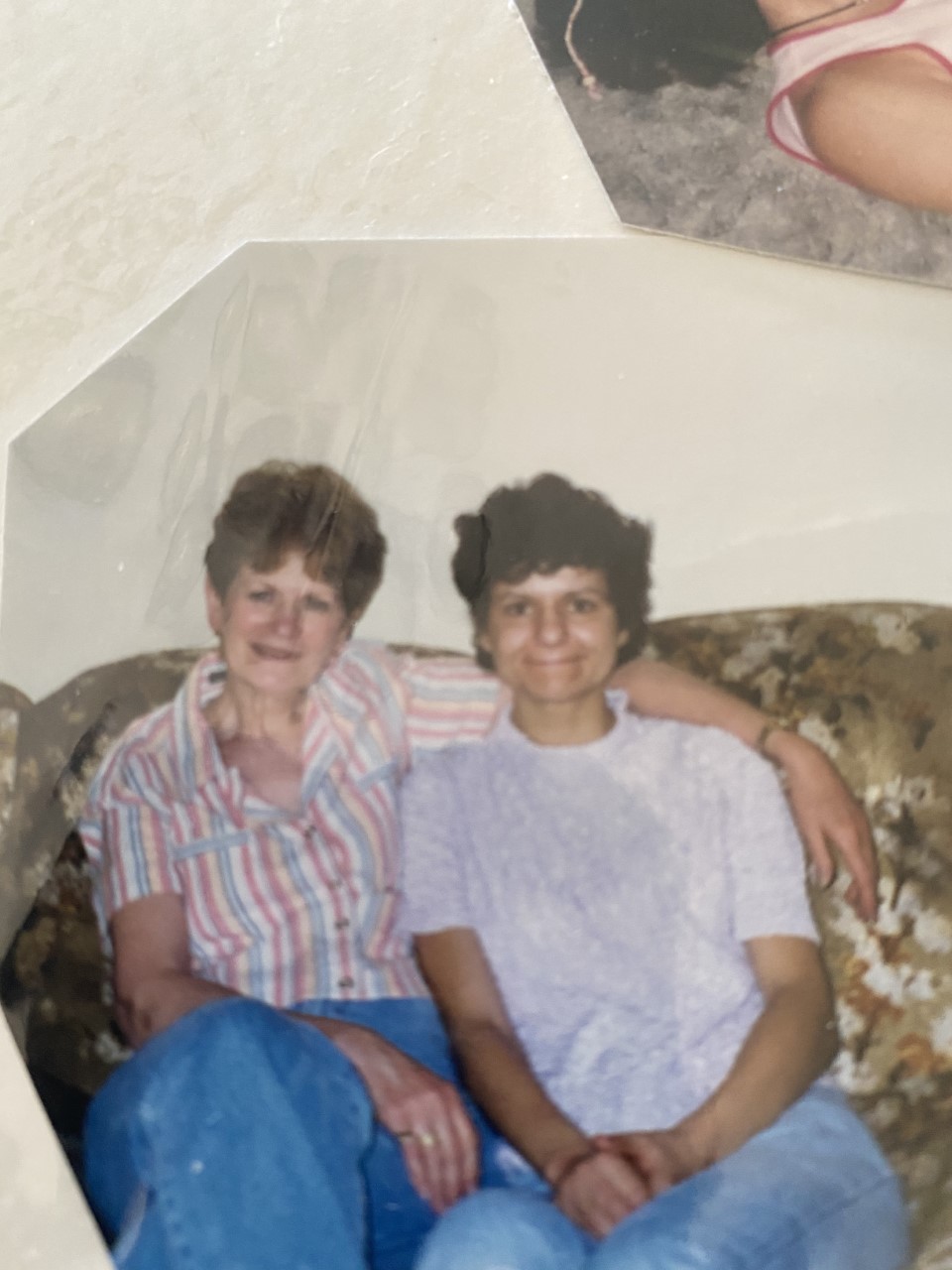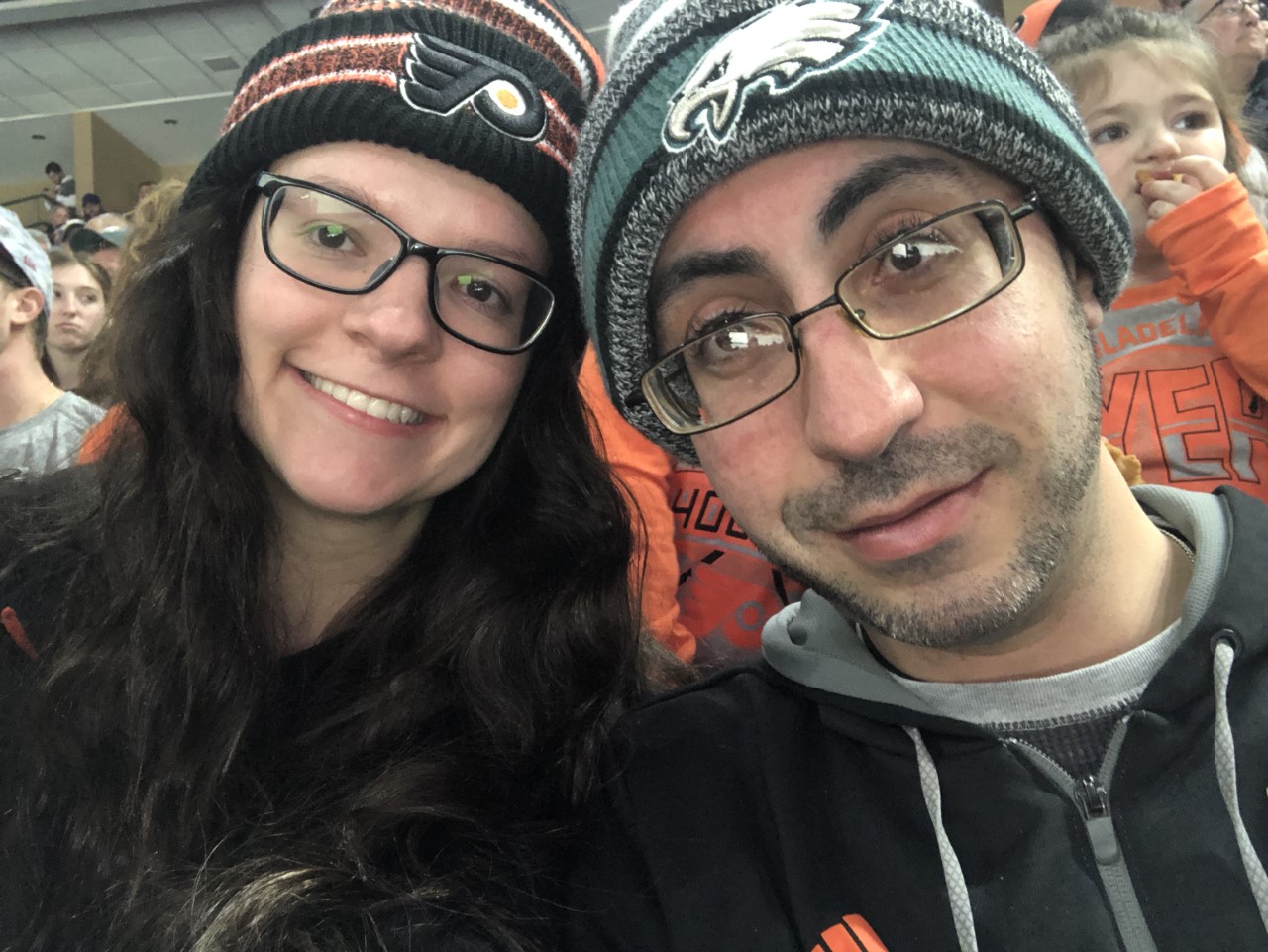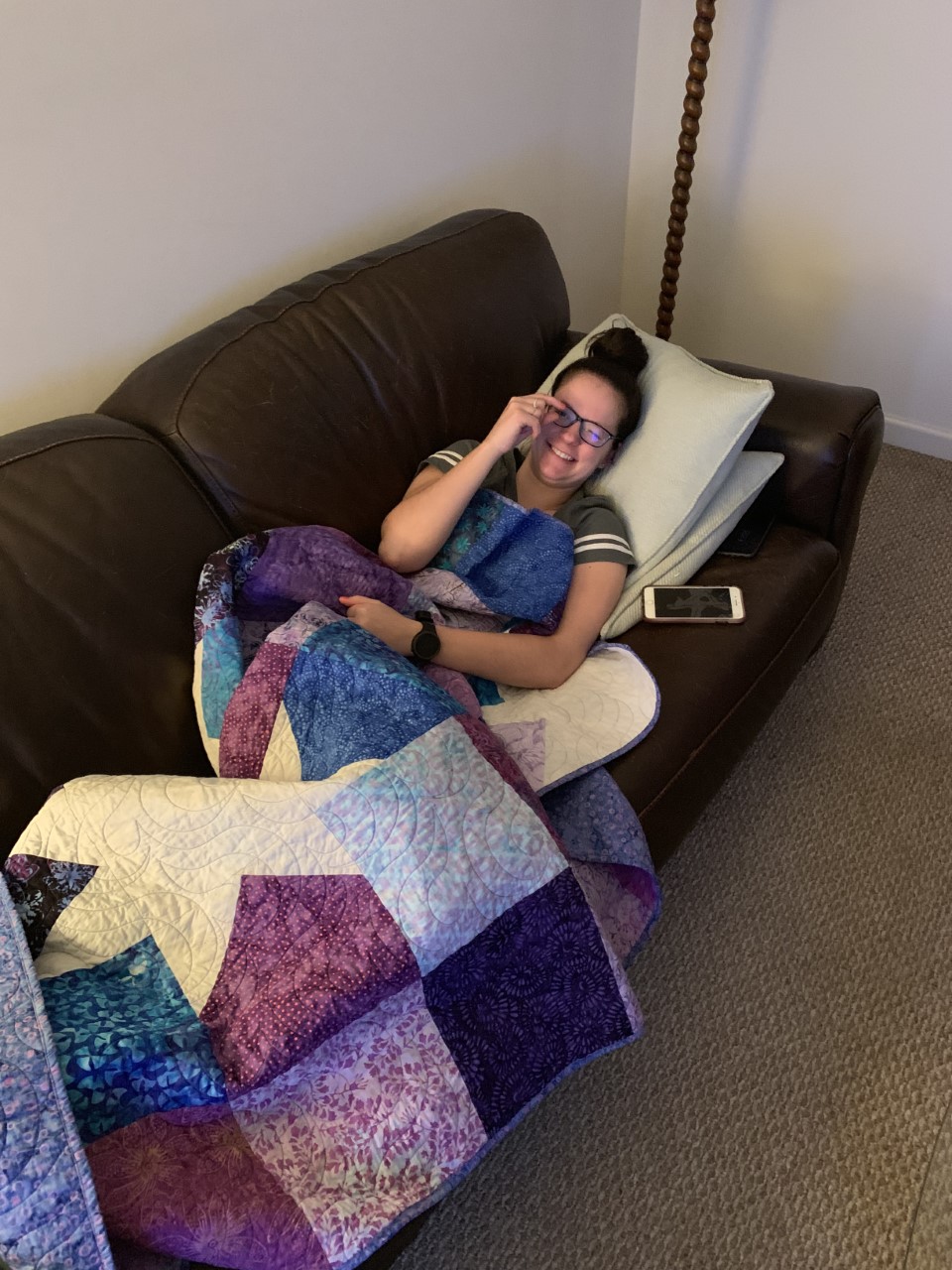
For Pennsylvania resident Philip Cataldi, it only took one date to know that he met his true love. Her name was Alexis, and nothing would come between their true love - this includes Huntington’s disease (HD).
HD is a fatal genetic disorder that causes the progressive breakdown of nerve cells in the brain. It deteriorates a person’s physical and mental abilities during their prime working years and has no cure.
In the mid-1990s, her mother started to develop symptoms and Alexis’ father was the caregiver alongside her best friend. She would have trouble walking, developed angry outburst, and was eventually in a wheelchair.

The symptoms of HD are described as having ALS, Parkinson’s and Alzheimer’s – simultaneously. Symptoms include personality changes, mood swings, depression, forgetfulness, impaired judgement, unsteady gait, involuntary movements, slurred speech, difficulty in swallowing, and significant weight loss.

As her symptoms progressed, her mother was placed in a nursing home when Alexis was only 7-years-old. When Alexis was 15-years-old, her mother passed away due to complications from HD.
Alongside her father, great-aunt Tee would help raise Alexis and her sister, Angel. However, the risk of HD was still there as every child of a parent with HD has a 50/50 chance of inheriting the faulty gene.
In 2010, Alexis and Angel decided to get tested for HD at John Hopkins University. This is one of the 54 HDSA Centers of Excellence that provide an elite team approach to HD care and research. Professionals have extensive experience working with families affected by HD and work together to provide families the best HD care program.
The decision to get genetically tested is difficult to make. Each year, 5-10% are tested. It is never the right or wrong decision to be tested. There are people that see no benefit in knowing that they will develop the disease while others want to know in order to make informed choices about their future. It can take up to several weeks to receive your results from the genetic testing center.
The results came back, and Angel tested negative. However, Alexis tested positive for the gene that causes HD.
The decision to get genetically tested is difficult to make. Each year, 5-10% are tested. It is never the right or wrong decision to be tested. There are people that see no benefit in knowing that they will develop the disease while others want to know in order to make informed choices about their future. It can take up to several weeks to receive your results from the genetic testing center.
The results came back, and Angel tested negative. However, Alexis tested positive for the gene that causes HD.

In 2017, Alexis and Philip went on their first date. Alexis explained to Philip about HD as she wanted to be fully honest with him. He did not go anywhere because he cared more about the person than the disease.
On their second date, Philip took Alexis to her doctor appointment and was fully committed to her. They would fall in love as Phillip loved how spiritual she was.
Their relationship was tested as Alexis started to develop more HD symptoms which included anxiety, depression, and chorea. Philip and Alexis were not married yet, but Philip wanted to be her caregiver and long-lasting love.
As a recovering alcoholic, Philip has had people in his life that turned their back on him. Philip knew that he would never do that to Alexis because of how much he loved her and how he didn’t want HD to define the person that she is.
Before getting married, Philip’s friends wanted to make sure this is what he wanted. Once again, he said he was not going anywhere. In 2020, they got married.

As her symptoms progressed, Alexis was having a difficult time driving and now does not drive anymore. In 2021, Alexis decided to retire as a teacher because her HD symptoms has affected her teaching.
Alexis wants to be involved in any HD trial because she wants to help not only herself but others with HD have a better future. She was a participant of the Roche (known as Genentech in the USA) Phase 3 trial called GENERATION-HD1.
Tominersen was designed to lower the amount of harmful huntingtin protein that builds up in the brain over the course of HD. This was an ongoing 2-year trial with 800 participants at nearly 100 sites worldwide. However, in 2021, the study was stopped.
However, the family was disappointed with the outcome after a positive experience. Philip was afraid to share the news with her, but they are still determined to help anyway that they can. Alexis hopes to be in more HD trials.
“Prepare for the worst but hope for the rest. Hope is important, and you can’t live without it. Do not be afraid to ask for help.” – Alexis
“Keep moving forward and do not give up.” – Philip
###
Huntington’s disease (HD) is a fatal genetic disorder that causes the progressive breakdown of nerve cells in the brain. It deteriorates a person’s physical and mental abilities during their prime working years and has no cure. Every child of a parent with HD has a 50/50 chance of inheriting the faulty gene. Today, there are approximately 41,000 symptomatic Americans and more than 200,000 at-risk of inheriting the disease. The symptoms of HD are described as having ALS, Parkinson’s and Alzheimer’s – simultaneously.
The Huntington’s Disease Society of America is the premier nonprofit organization dedicated to improving the lives of everyone affected by HD. From community services and education to advocacy and research, HDSA is the world’s leader in providing help for today and hope for tomorrow for people with HD and their families.
HDSA was founded in 1967 by Marjorie Guthrie, the wife of legendary folk singer Woody Guthrie. Woody died from HD complications when he was only 55 years old, but the Guthrie family legacy lives on at HDSA to this day.
This is a story featuring a personal experience with Huntington’s disease. If you would like to have your story told please contact Matthew Santamaria at msantamaria@hdsa.org
